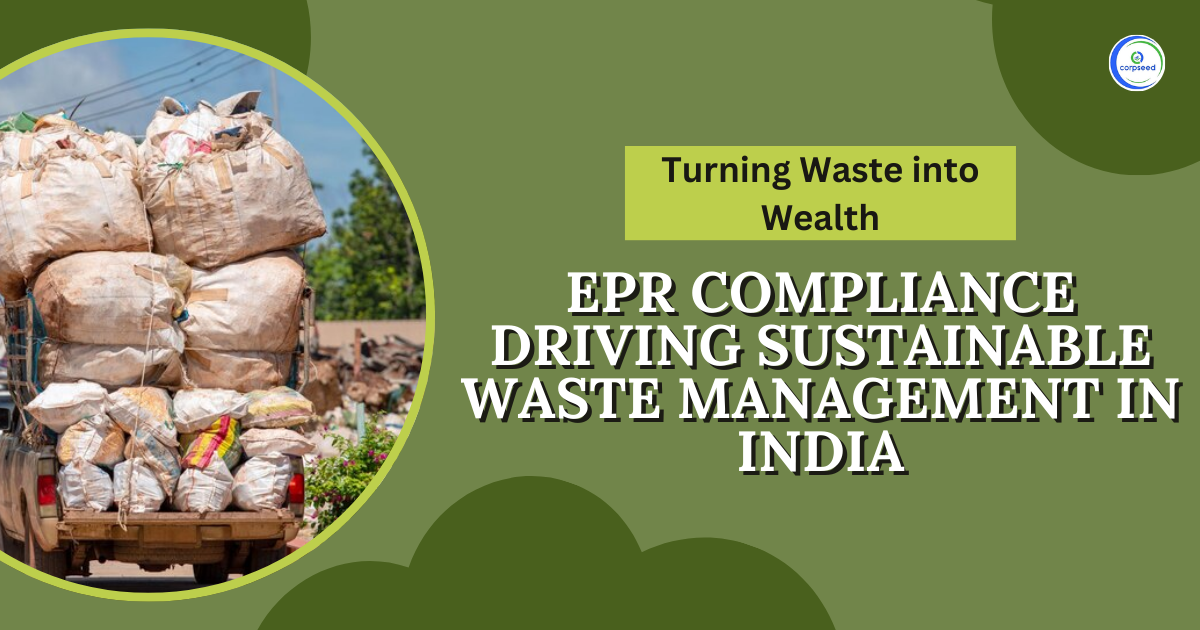Waste generation has become a huge problem in India, and this is not just for the environment but for everything else too. As urbanization and consumption is increasing, products such as electronics, plastic, waste tyres, batteries, used oil, non-ferrous metals create huge amounts of waste when they become useless. And keeping this problem in mind, the government has made a very good and strong policy, which is called Extended Producer Responsibility that is EPR.
Extended producer responsibility means it is the responsibility of any producer, manufacturer, importer, recycler or refurbisher to properly dispose of whatever waste is generated from the product they are manufacturing so that it does not harm the environment. This responsibility is not a small thing, it indicates that whoever owns the product, has collected, recycled and disposed of the product properly and safely when it can no longer be used again.
By making producers accountable, the policy encourages the design of eco-friendly products, reduction of waste at the source, and improved recycling systems. In India, the Central Pollution Control Board (CPCB) plays a key role in monitoring and enforcing these responsibilities.
Table of Contents
--------------Blog Contact Form-------------
Why EPR Authorization Matters?
EPR Authorization is more than just a legal requirement, it is a mark of responsibility. Without proper authorization, businesses dealing with products that generate waste risk heavy fines, penalties, or even imprisonment under the Environment (Protection) Act, 1986.
The importance of obtaining an EPR Certificate or EPR License includes:
- Environmental Safety: Prevents plastics, chemicals, oils, and toxic substances from polluting land, water, and air.
- Resource Recovery: Ensures metals, plastics, tyres, and other materials are recycled instead of wasted, reducing the need for new raw materials.
- Public Health Protection: Lowers the risk of exposure to hazardous substances that can harm communities.
- Sustainable Industry Growth: Promotes eco-friendly practices and helps businesses gain consumer trust.
- Legal Compliance: Keeps producers in line with Indian environmental laws and CPCB regulations.
Through EPR Registration and proper EPR Online Documentation, producers can show that their operations are aligned with national sustainability goals.
Categories of Waste Covered Under EPR
Extended Producer Responsibility is a broad policy that covers multiple waste streams, not just electronic items. This makes it one of the strongest frameworks for managing waste in India.
1. EPR for E-Waste (Electronic Waste)
Gadgets such as televisions, computers, laptops, refrigerators, and lamps contain plastics, metals, and harmful chemicals. EPR ensures that e-waste is collected and sent to authorize recyclers instead of unsafe dumping sites.
2. EPR for Plastic Waste
Items such as packaging material, bottles, and single-use plastics often end up in rivers and landfills. EPR Registration makes producers responsible for recycling plastic waste safely.
3. EPR for Battery Waste
From vehicles to mobile phones, batteries contain hazardous substances like lead, mercury, and lithium. Through EPR License, producers must ensure battery waste is collected and recycled in an eco-friendly way.
4. EPR for Waste Tyres
Old tyres cause fire hazards and create pollution when burned. Under EPR, tyre waste generators are responsible for sending them to authorized facilities for recycling and reuse.
5. EPR for Used Oil
Industrial oils and lubricants can damage soil and water if disposed of carelessly. EPR Authorization ensures that used oil is collected and reprocessed properly.
6. EPR for Non-Ferrous Metals
Products containing copper, aluminum, and other non-ferrous metals are valuable resources. EPR ensures that these materials are recovered and reused rather than wasted.
By covering all these categories, Extended Producer Responsibility ensures that waste is managed safely and resources are not lost.
Documents Required for EPR Authorization
Before a producer can receive an EPR Certificate, certain documents must be provided. These documents prove that the business is genuine and has a clear plan to manage the waste it generates.
The key documents include:
- Business address with supporting papers
- Contact details and PAN card copy
- Certificate of Incorporation of the company
- Import-Export Code verification
- Details of awareness initiatives taken for waste management
- Budget set aside for Extended Producer Responsibility activities
- Estimates for waste management across categories like electronics or plastics
- Information about registered recyclers
- BIS License copy (if required)
These records form an important part of EPR Online Documentation and create transparency in the waste management system.
Benefits of EPR for a Sustainable Future
Extended Producer Responsibility is not just a rule, it is a way to shape a cleaner and greener future. By taking responsibility, businesses help build a safe and sustainable waste management system for the country.
The major benefits of EPR Authorization include:
- Cleaner Environment: Prevents plastics, batteries, oils, and electronics from polluting soil, water, and air.
- Circular Economy: Recycled materials such as metals and plastics re-enter production, reducing the need for fresh extraction.
- Economic Growth: The recycling industry grows, creating jobs and opening new opportunities in green technology.
- Consumer Confidence: Businesses with an EPR Certificate or EPR License show their commitment to responsible practices, building trust with buyers.
- Global Recognition: Companies with EPR compliance meet international sustainability standards, making it easier to enter global markets.
With strong enforcement by CPCB and responsible action by industries, EPR Registration can change the way waste is managed in India.
Conclusion
EPR or Extended Producer Responsibility is a strong plan that ensures that the waste generators are answerable of their waste generated and dispose it correctly. It is not just for one type of waste but for all, including plastic, electronics, used oil, batteries, non-ferrous metals, tyres, etc.,. Waste generators including producer, importer, or brand owners (PIBOs) must ensure that the waste is collected safely and disposed of in such a way that it do not affect the environment, negatively.
By attaining an EPR certificate or license, they benefit greatly as it not only makes them legally compliant but it also shows how conscious they are about their environment. With strict monitoring by CPCB and greater participation from industries, EPR has the power to transform India’s waste management system into a model of efficiency, sustainability, and care for the environment.
This portion of the site is for informational purposes only. The content is not legal advice. The statements and opinions are the expression of author, not corpseed, and have not been evaluated by corpseed for accuracy, completeness, or changes in the law.
BOOK A FREE CONSULTATION
Get help from an experienced legal adviser. Schedule your consultation at a time that works for you and it's absolutely FREE.


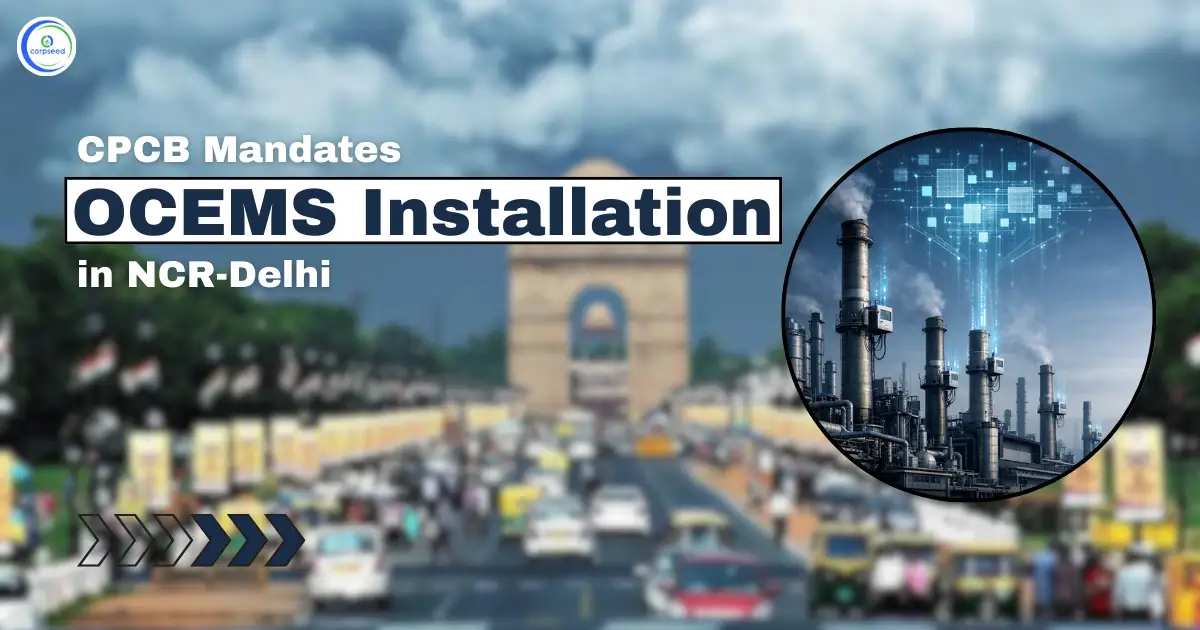
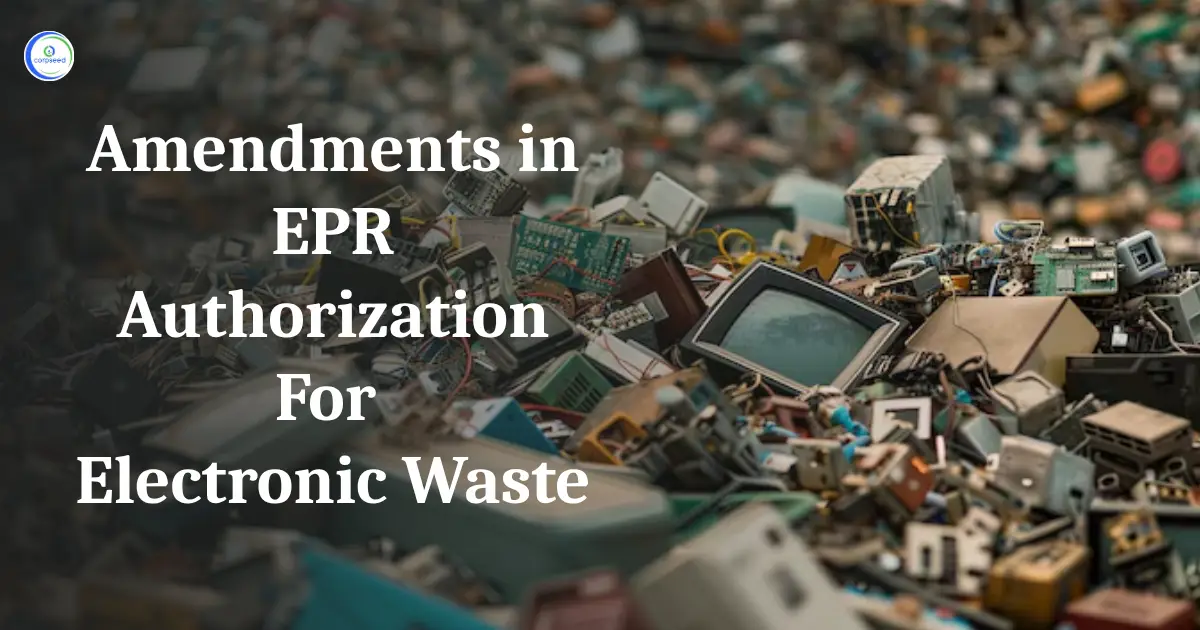
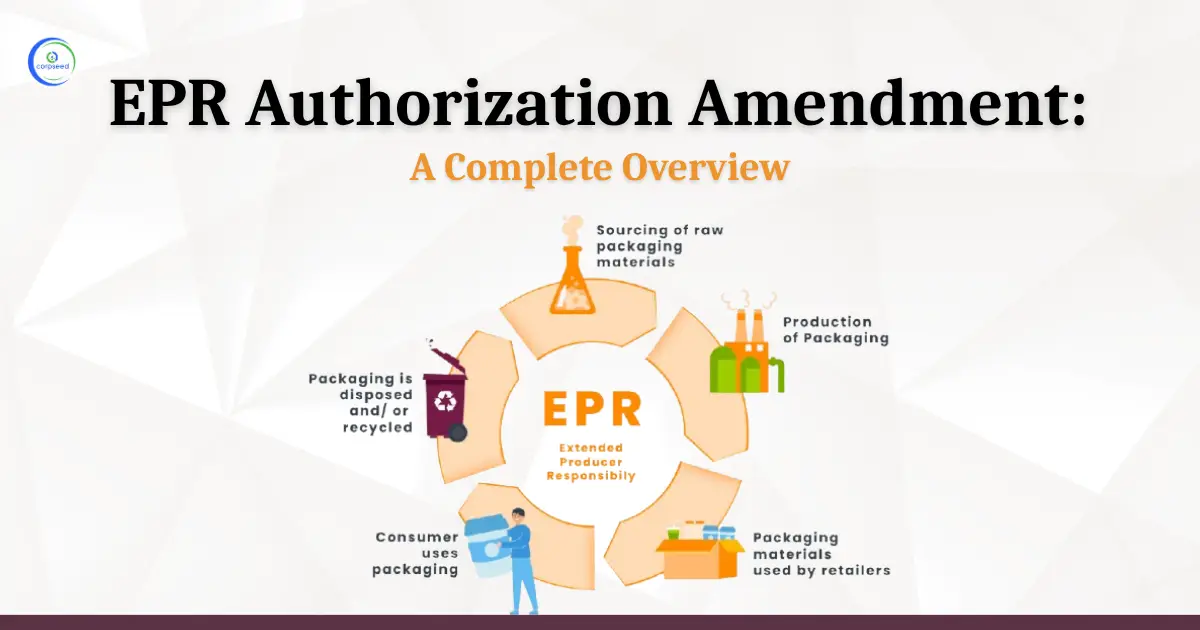
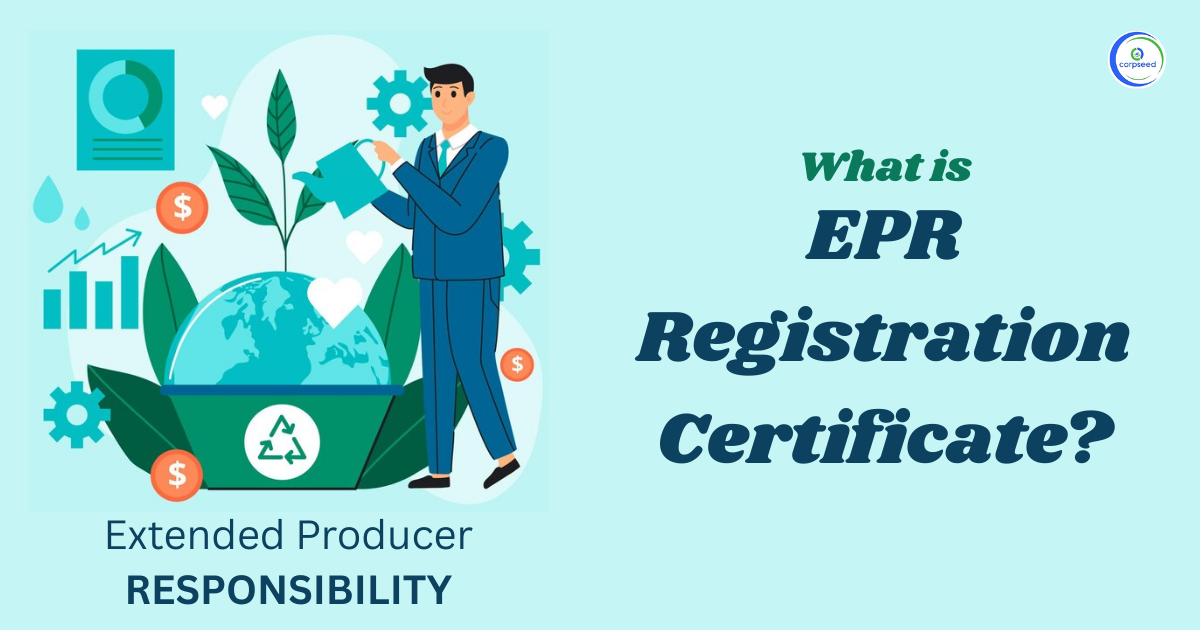
.webp)
